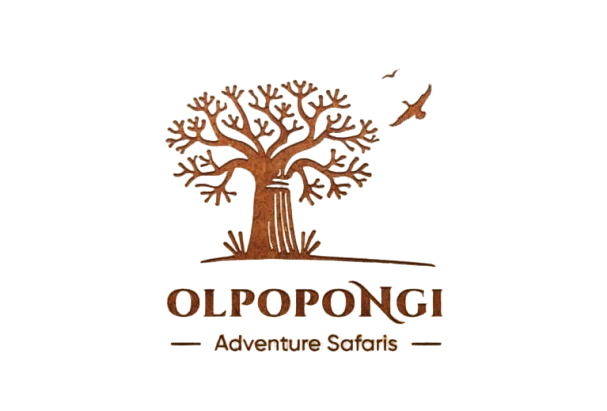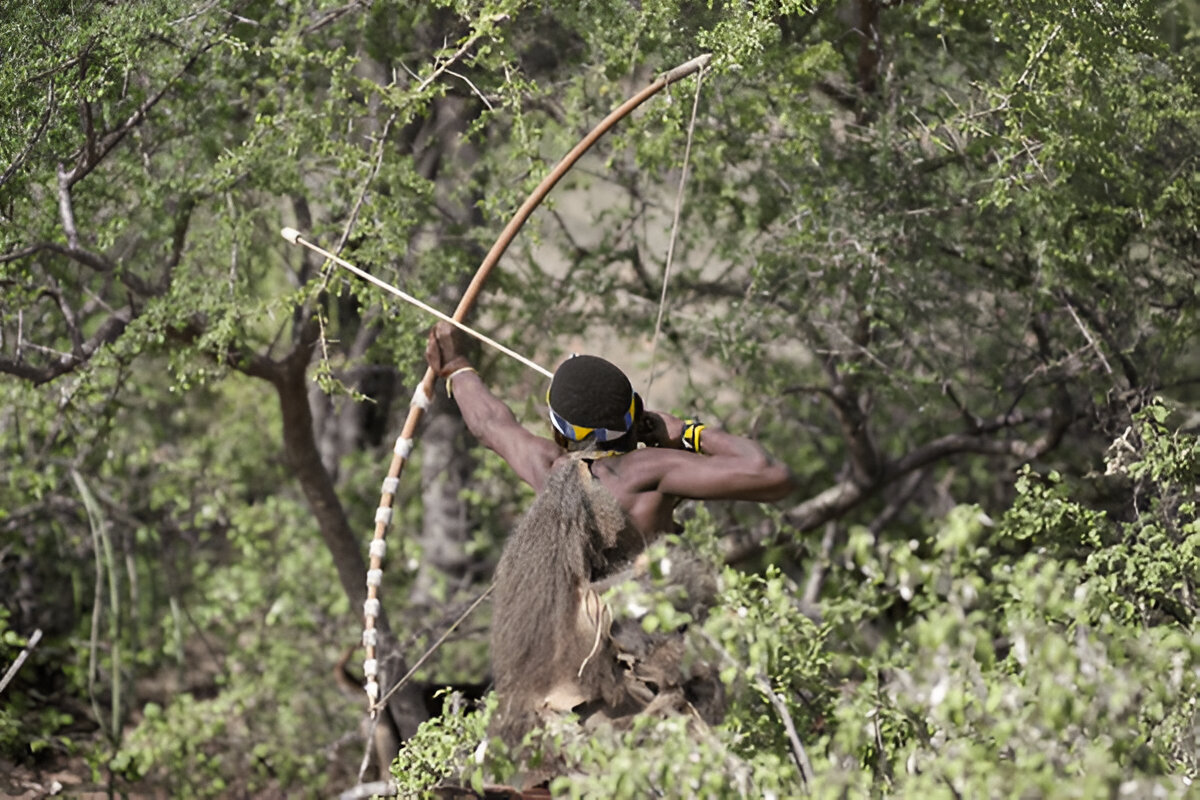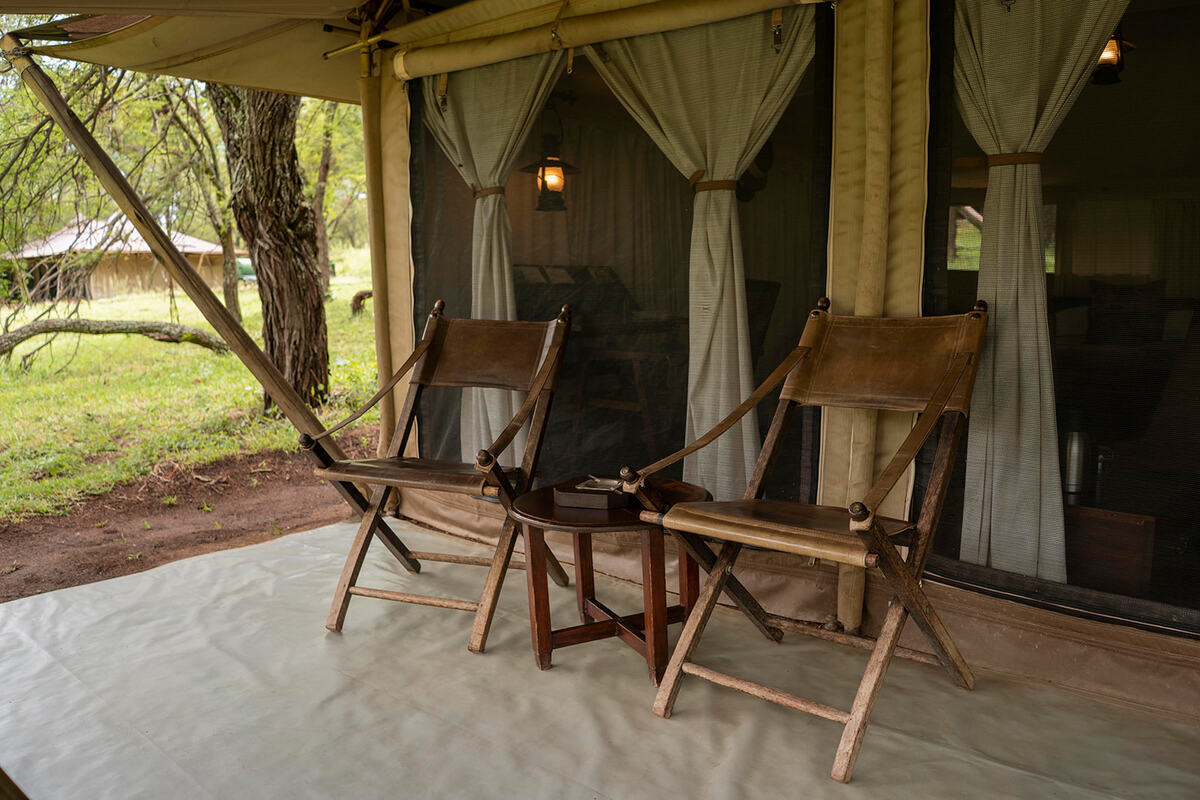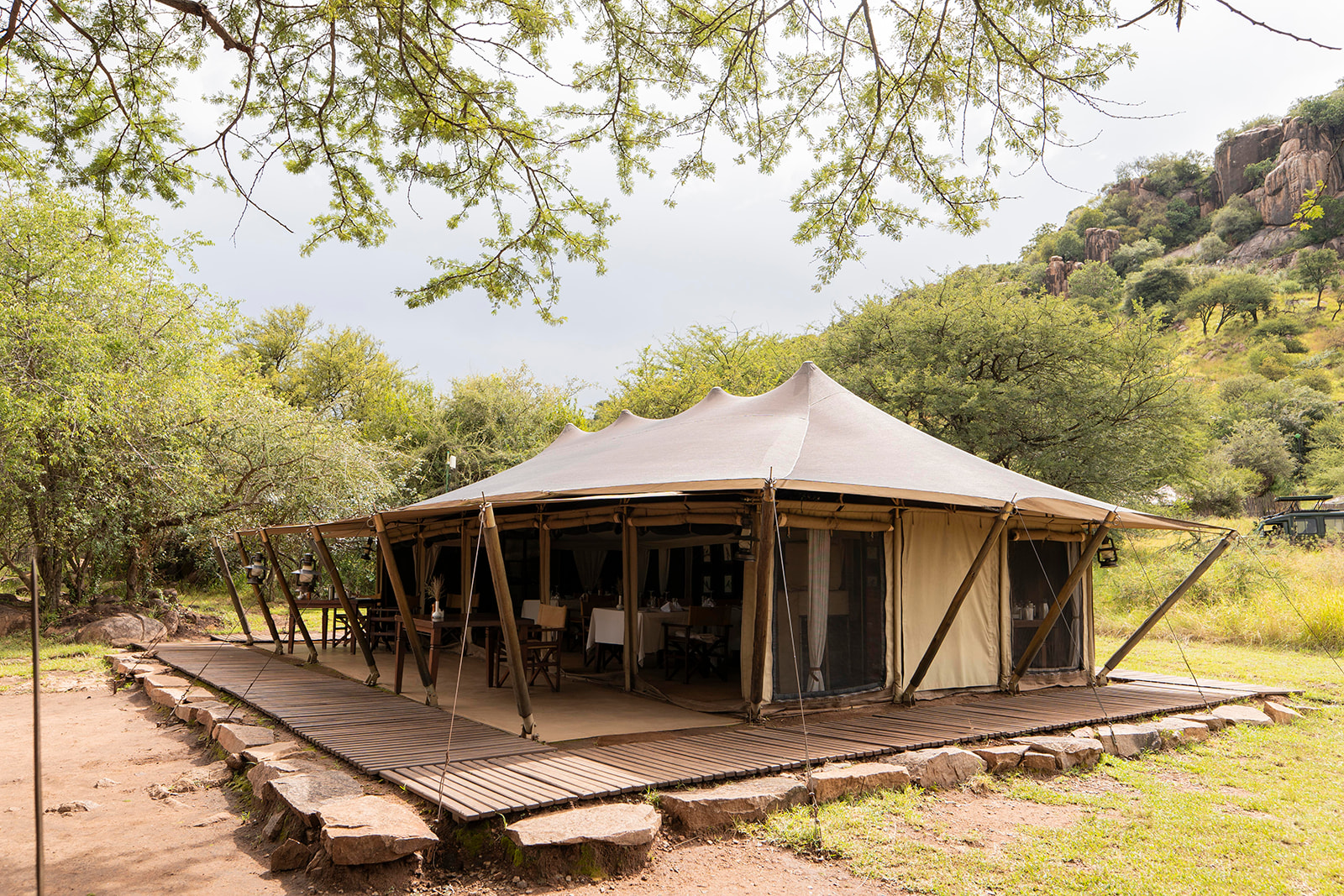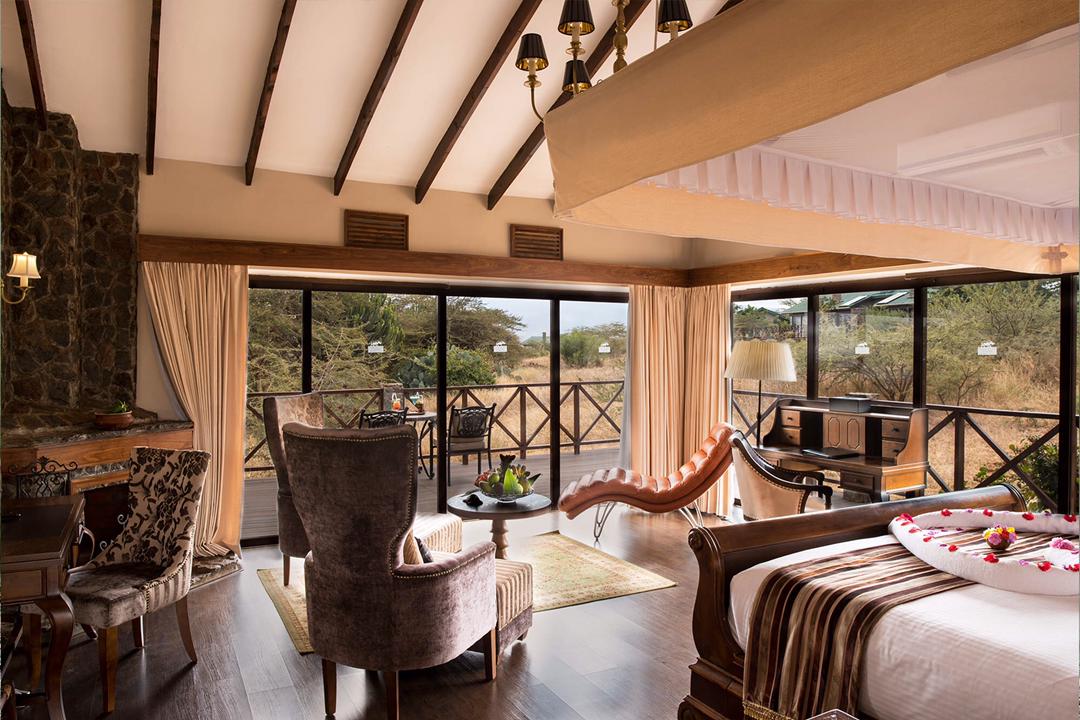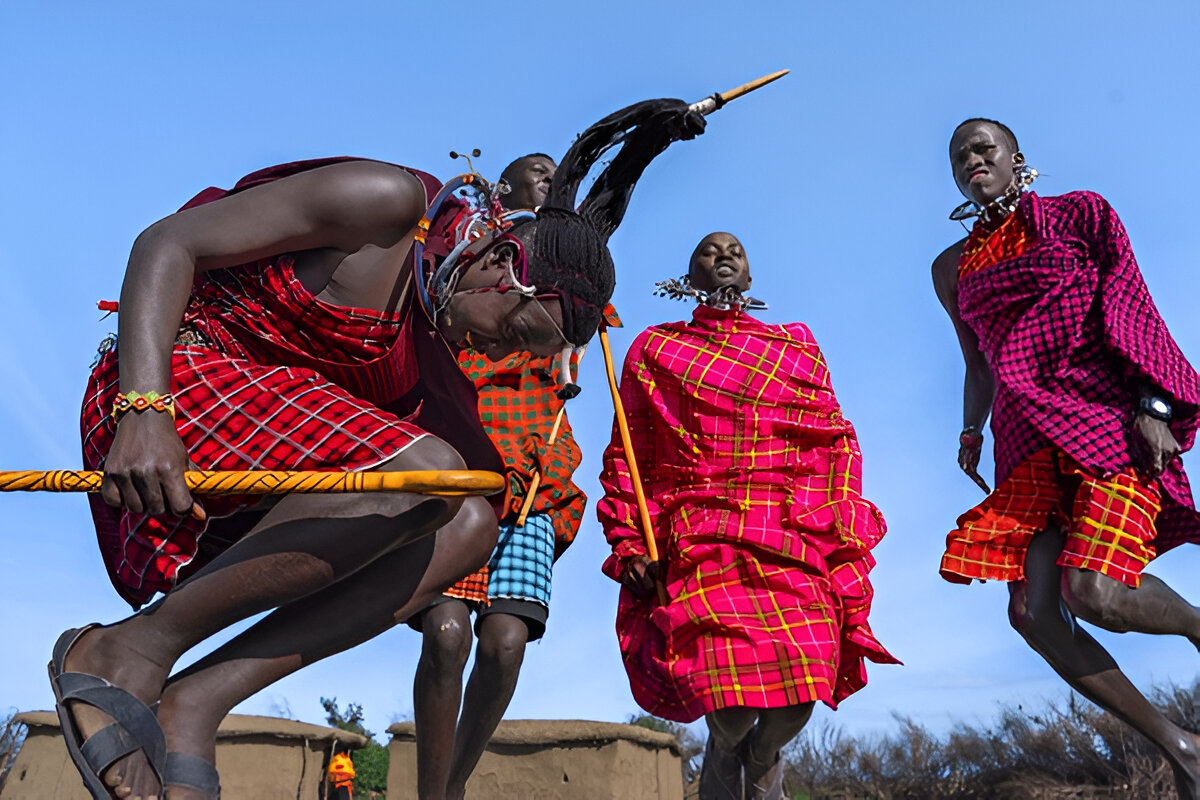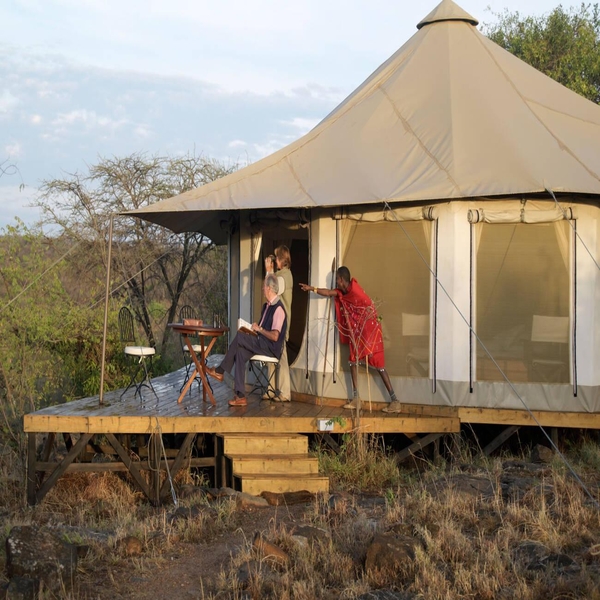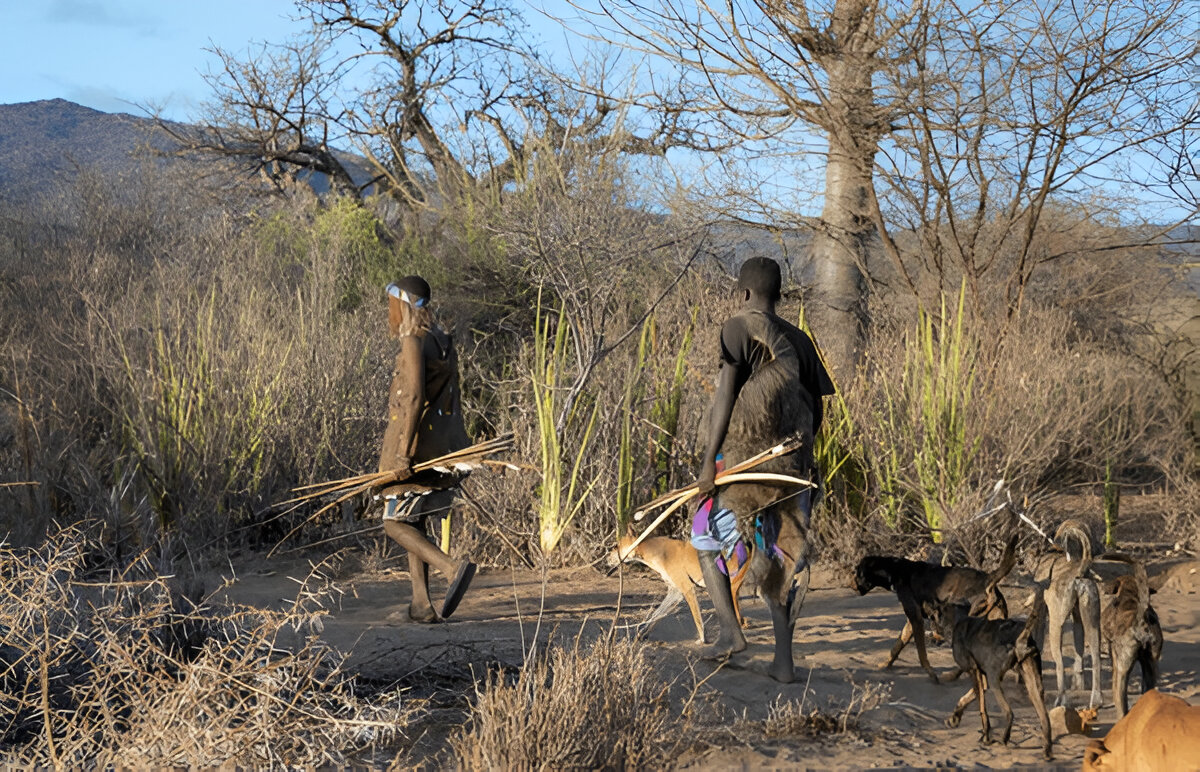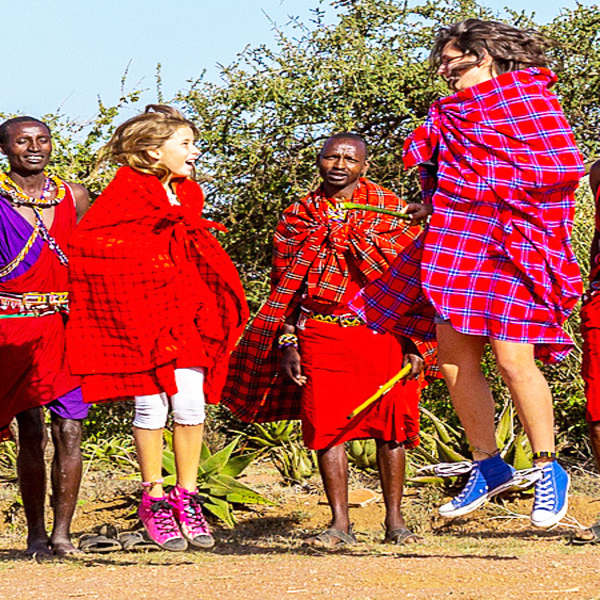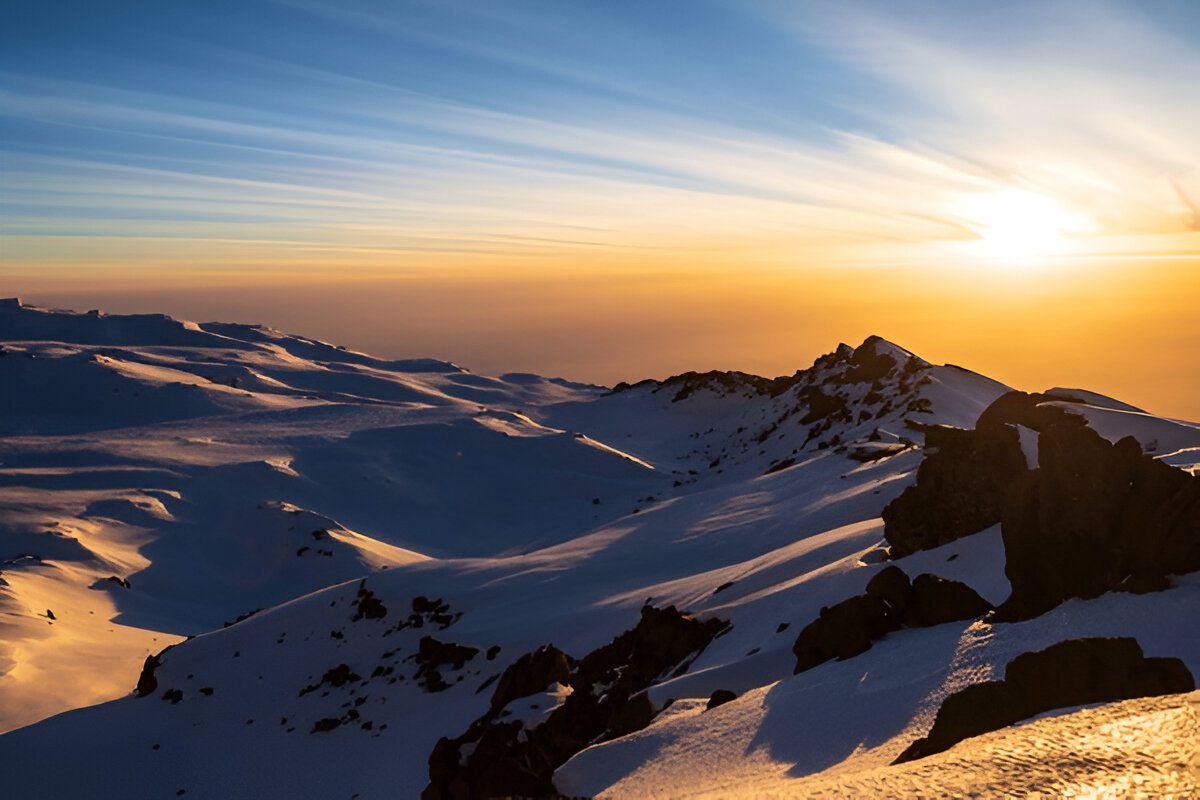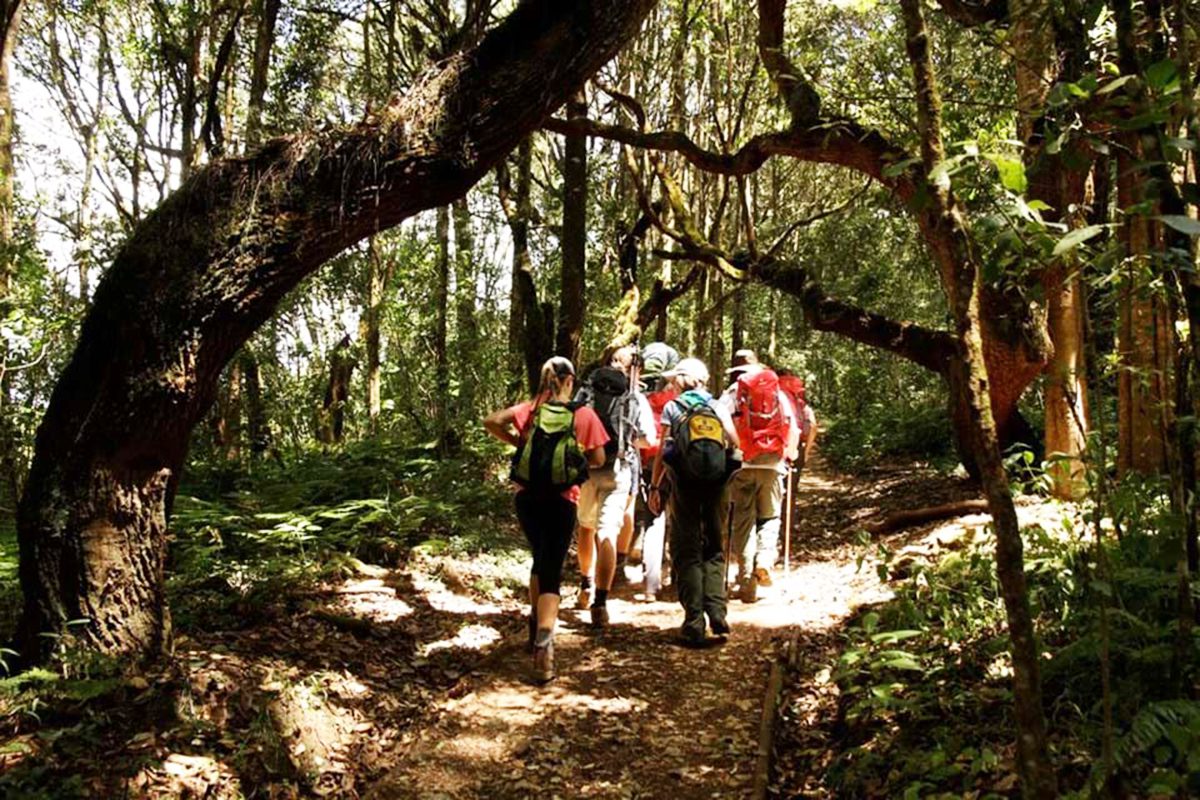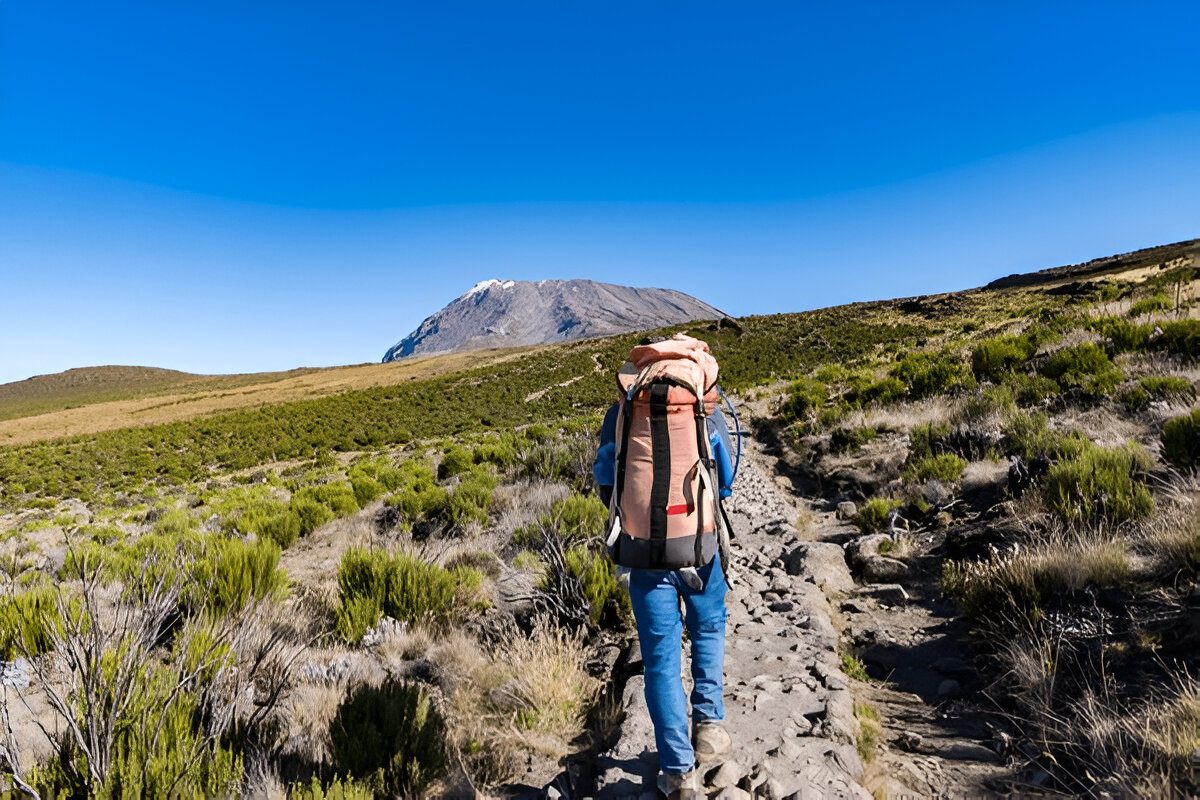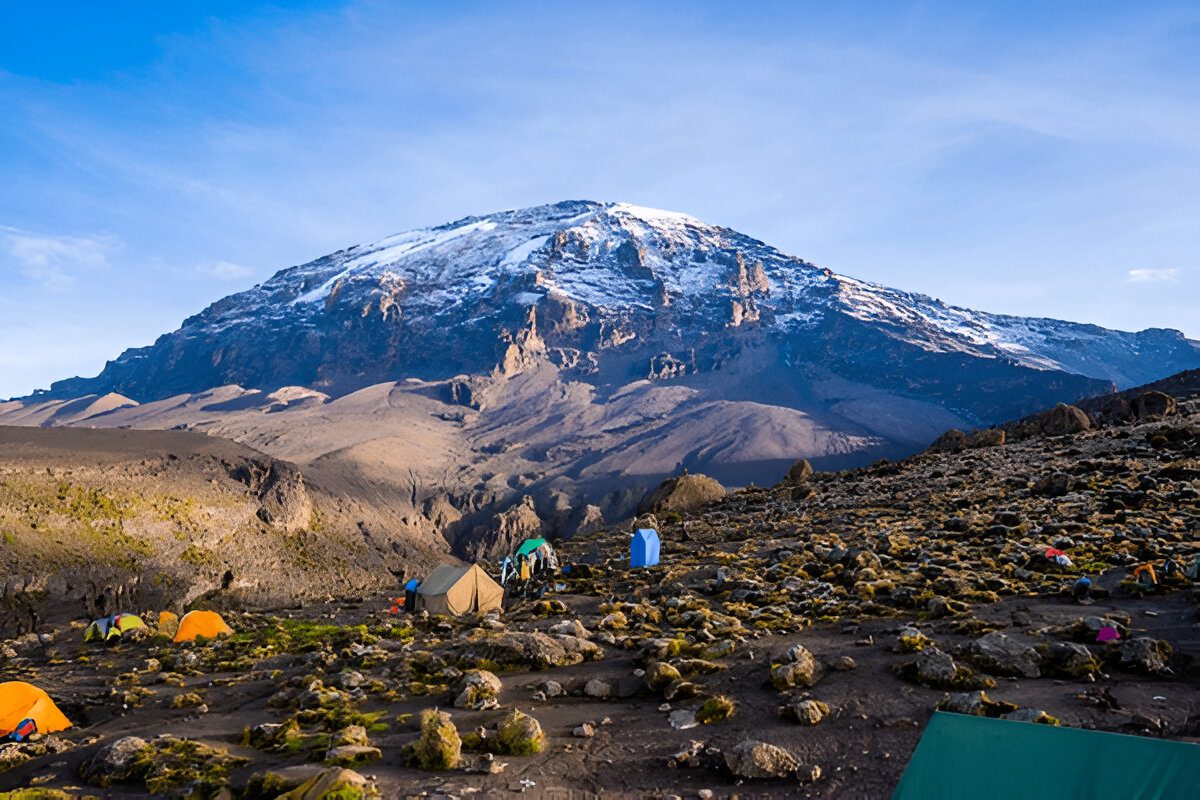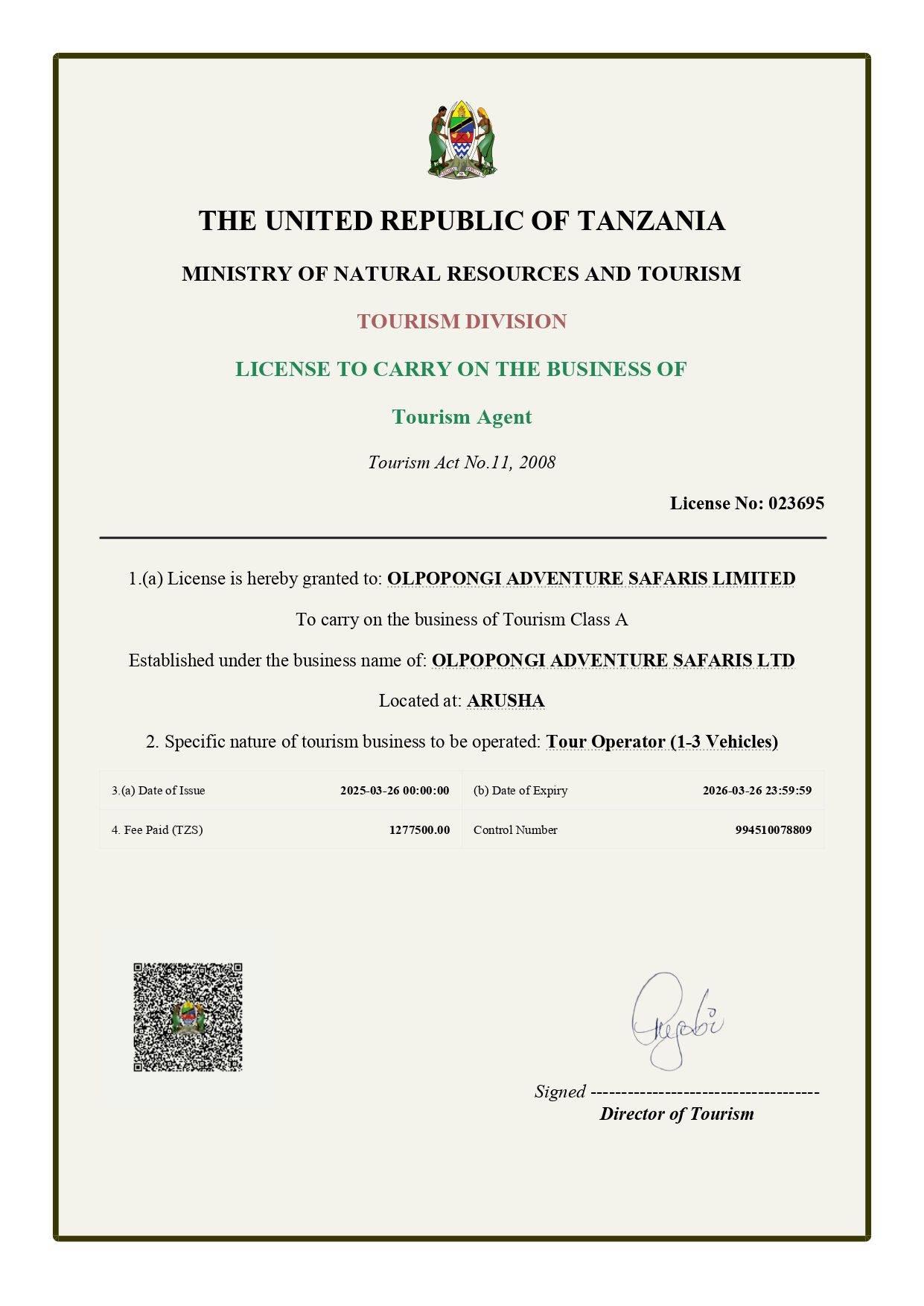A Day on Your Cultural Tour
Wake up in your lodge and drive to a Hadzabe settlement as the sun rises. Join hunters as they track small game and gather wild honey. Share stories around a fire, then visit a Datoga blacksmith who demonstrates how ancient tools are still made today. Later, stroll through an Iraqw farming village, where kids giggle and women offer fresh-roasted maize. As the day ends, watch a Maasai sunset ceremony before returning to your camp, full of stories and soul.
Step Into Stories That Live
Discover the soul of Tanzania through immersive experiences with local tribes, traditions, and timeless ways of life.
Top Cultural Experiences in Tanzania
Live with the Maasai – Learn about warrior traditions, cattle culture, and the deep spiritual world of one of Africa’s most iconic tribes.
Hunt with the Hadzabe – Spend time with one of the last remaining hunter-gatherer tribes and witness ancient survival skills in action.
Meet the Datoga Blacksmiths – Step into a forge where fire, dust, and rhythm create tools still used today.
Visit the Iraqw Highlands – Discover the culture of these peaceful, farming people near the Ngorongoro Highlands.
Chaga Coffee Culture Tour – On the slopes of Kilimanjaro, learn how locals turn beans into a rich brew — and taste every sip.
Swahili Heritage in Zanzibar – Tour Stone Town, the spice plantations, and the melting pot of Arab, Persian, Indian, and African influences.
Real Love Stories from Honeymooners
"From the luxury camps to the quiet mornin“It felt like traveling back in time — but in the most respectful and educational way. We’ll never forget the people, their warmth, and what we learned.”gs and thrilling wildlife, everything was magic. We felt spoiled, cared for, and completely swept away by the beauty of it all."

